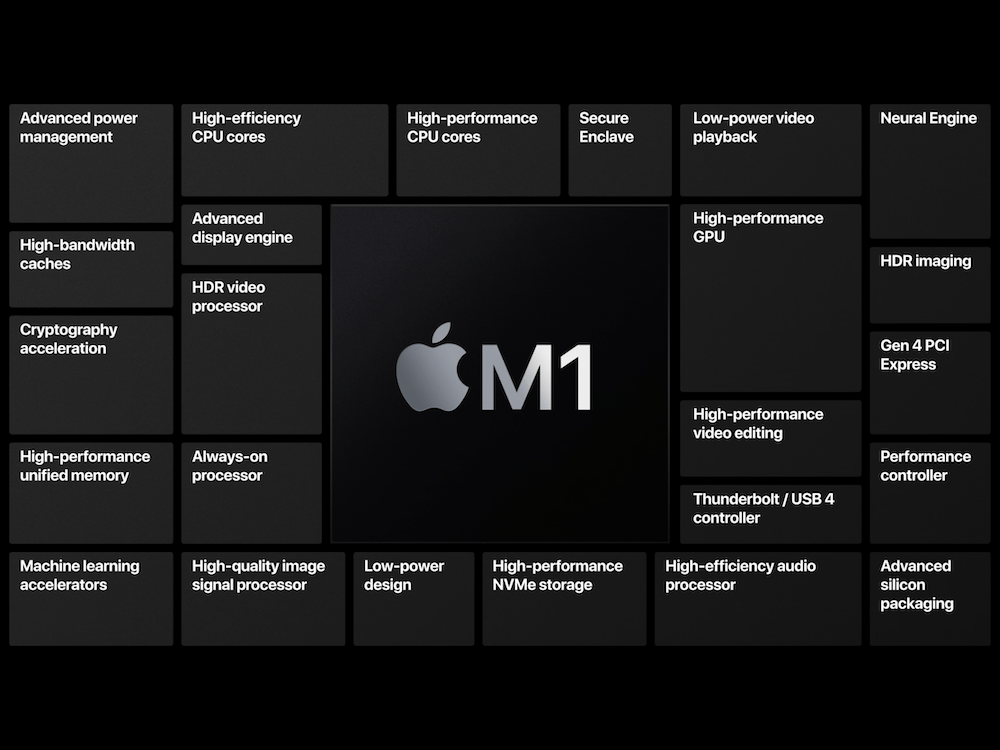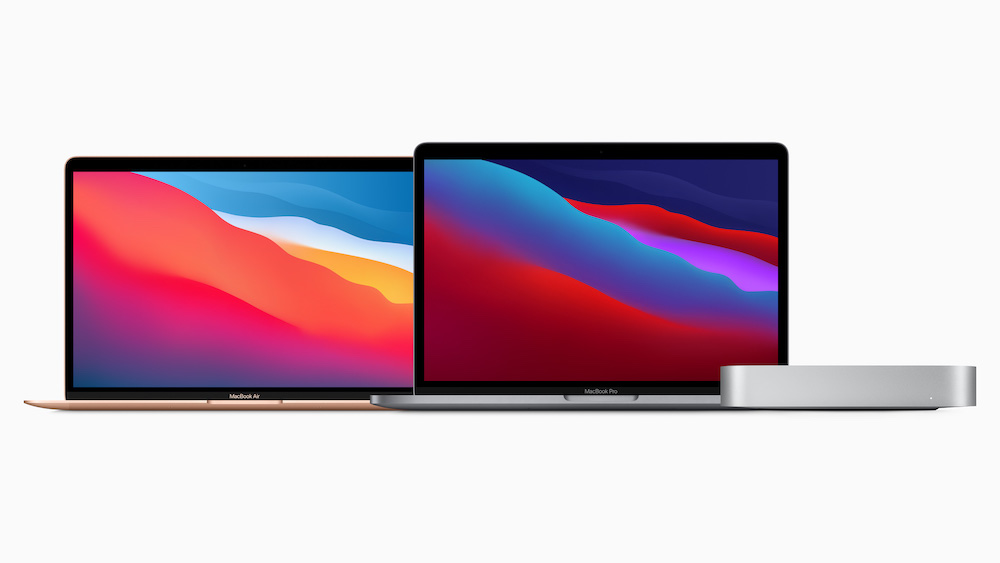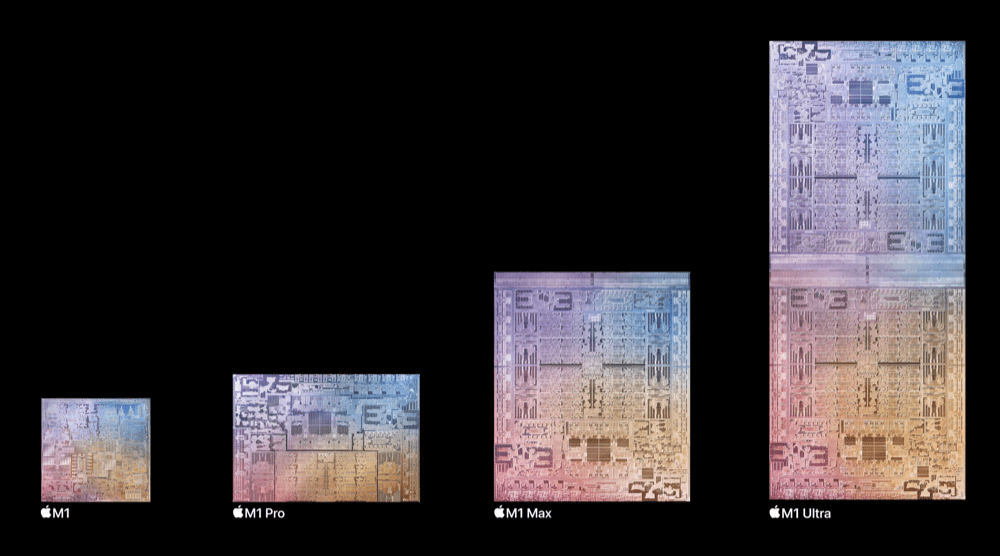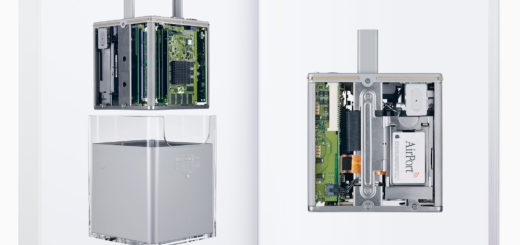Apple’s M2 transition most probably begins in fall

Macs have never had it so good
It’s interesting how claims Apple would introduce next-generation M2 Macs at its spring event were so widely reported before it took place and appear to have disappeared without trace since it took place. And yet, some of the web’s leading Apple provocateurs seemed to believe the scheme. Even I became convinced.
It didn’t happen.
So, what’s going to happen instead?
We know Apple will migrate to M2 chips. We think we know that Apple has already got M2 chips ready to roll.
However, it also seems really plausible to think that the company didn’t want to confuse messaging around its super-powered M1 Ultra processor by trying to explain the difference between the two.
It’s also potentially educational that during the event Apple specifically told us it has one more Mac left to introduce and said that would be a story for another day.
I’m guessing the company was alluding to the Mac Pro, which I like to imagine it will introduce at WWDC 2022 (two years after announcing the move) with a big ‘Transition Complete’ slide in white and black and the entire executive team scootering across the stage clutching lattes, rainbow banners, and kazoos while uniquely rare Apple-logo-encrusted balloons fall on stage.
I can’t wait to see it.

M1 chip Apple claims
Sad times, happy times
Apple also quietly discontinued the 27-inch iMac this week.
I feel like I may have dreamed the company specifically suggesting that for many users the ability to purchase a big monitor separately from the computer has become a must-have.
Mac Studio and your choice of display is a perfect machine for the 27-inch iMac generation, those imagined people imply.
Which makes me think Apple may not replace that model.
Despite which, a Mac Studio and external display sure seems like a good alternative. Particularly as both the Mac and the display don’t have a power brick.
https://youtu.be/yvX1WkFFtQI
So, that leaves the Mac Pro as the one more Mac Apple needs to transition to the M-series chips.
And once it introduces that it makes sense that the company will begin a transition to M2 chips or begin to upgrade its first generation M1 Macs (MacBook Air, Mac mini, and 13” MacBook Pro) with improved designs and other tweaks.
What I think will happen and why
I think what will happen is that Apple will begin to introduce M2 processors across the first-generation Macs later this year, probably around fall. I think the company concluded (one I agree with) that selling M2 Macs alongside M1 Macs would dilute the message if it happened right now.

Apple’s first M1-powered Macs include a MacBook Air, MacBook Pro and Mac mini — they’ll be updated later this year, I think
Introducing M2 Macs later on will not – it will simply create an update cadence which means customers will know that the pro/consumer Mac they want is likely to be upgraded every two years or so.
In this model, the M1 consumer Macs introduced in fall 2020 get updated 18-24 months later, just as the Mac Studio can anticipate an upgrade in similar timeframe, which would be around 2023 or later.
https://youtu.be/ku4hl6hzRPQ
This also gives us an even more solid picture of Apple’s roadmap for chip development.
It is also possible that having built a solid lead in the processor design industry, Apple felt it could give itself the luxury of time to get the next generation of its chips right, particularly as we’re facing hard to anticipate problems gathering key materials (let alone components) as various global conflicts create shortages in rare earth, substrates, and other essentials.

Sometimes it makes sense to slow down
In other words, if Apple ever did plan a more rapid cadence, slowing that momentum down a little may make more sense in the current environment. I imagine many in its teams lose sleep over some of these problems at present.
Anyway, coming this year I now anticipate a Mac mini with an M2 processor, a Mac Pro with an M1 Ultra processor (and probably at least one additional processor), a MacBook Air with a redesign and M2 chip, and a 13” MacBook Pro with M2. (I think the latter may see an upgrade to a better M1 configuration first, as it’s a weak offer right now).
Speculation suggests the M2 chips are likely to deliver a 10 core CPU, rather than the eight on the M1. This will deliver a useful performance boost, which will be magnified as Apple iterates on the M2 chip toward M2 Ultra. However, I suspect architecture improvements around unified memory handling will also boost performance per watt.
Please follow me on Twitter, or join me in the AppleHolic’s bar & grill and Apple Discussions groups on MeWe.




